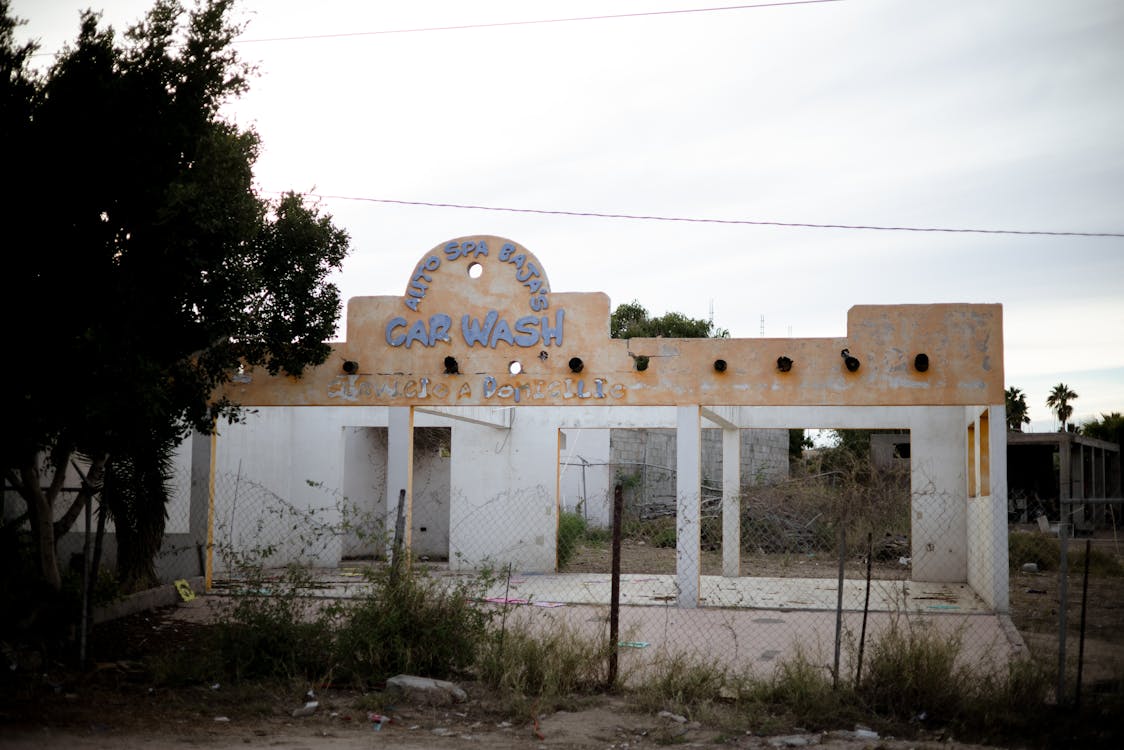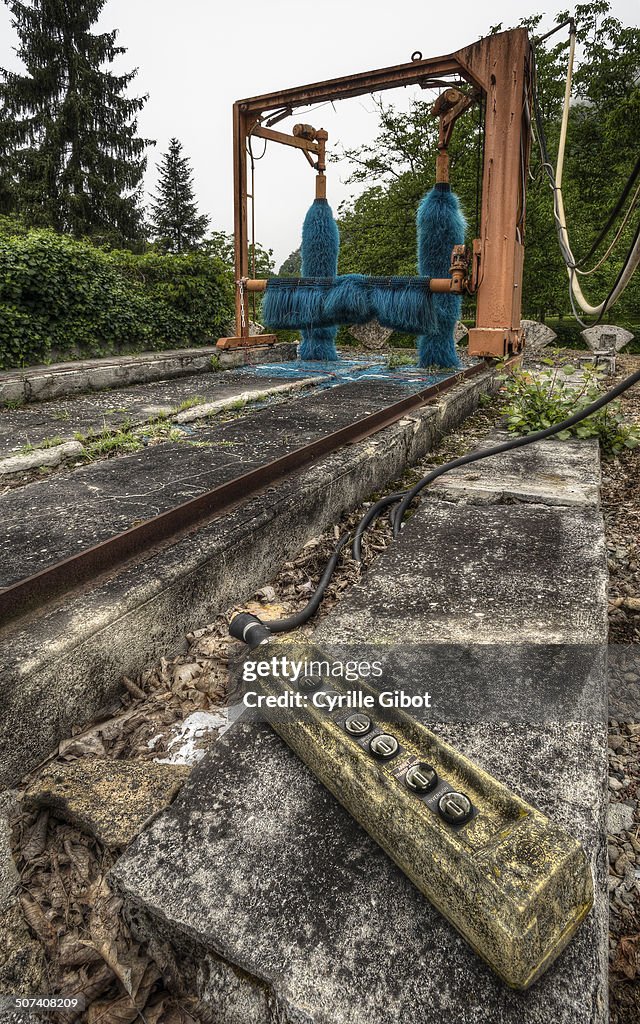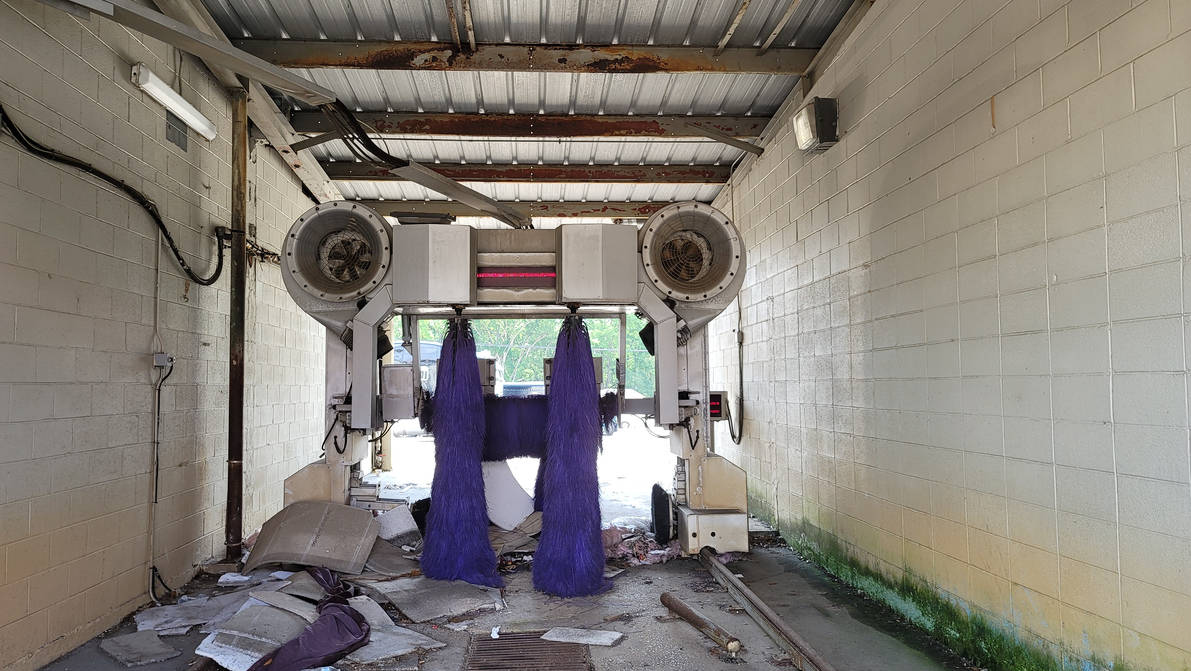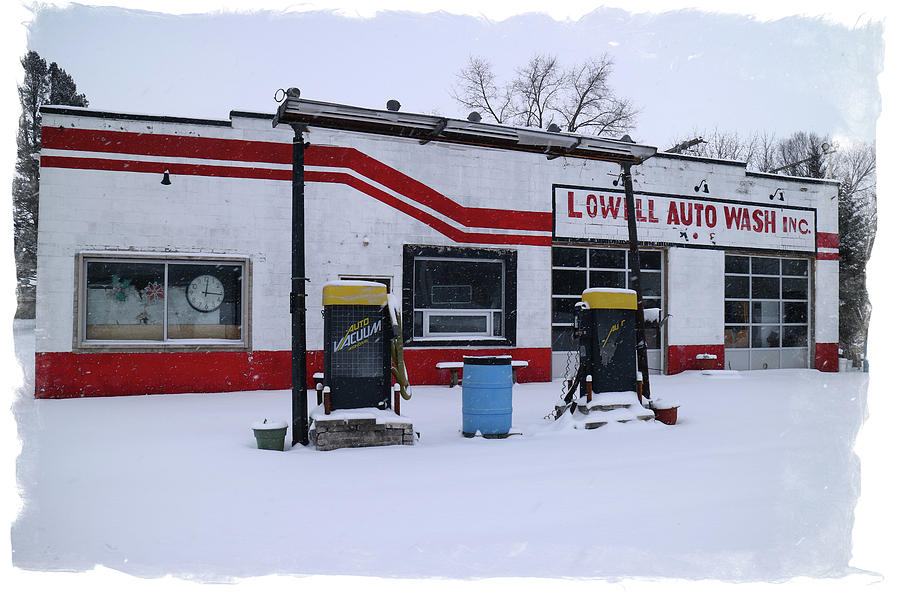Abandoned Car Wash For Sale – Whether it’s a high-end designer handbag, a gently used sofa, or a vintage record player, the price difference between a new and a second-hand item can be significant. A home is more than just walls and a roof; it’s where memories are made, where families grow, and where life unfolds. The focus on longevity and reliability is what sets these goods apart from their mass-market counterparts. In some cases, it’s not just objects that are for sale, but entire industries or institutions. In this world, emotions can feel like products, available to be consumed at will and disposed of when they no longer serve a purpose. The struggle is not in resisting the marketplace entirely, but in finding balance, in ensuring that the things that truly matter cannot be bought, sold, or traded. From online platforms to local thrift stores, second-hand goods offer an opportunity for consumers to access unique products, save money, and reduce their environmental footprint. Acquiring an established business can provide a head start in terms of customer relationships, operational systems, and brand recognition. Whether it's old furniture that no longer fits with their style, clothing that no longer fits, or electronics they no longer use, selling second-hand items allows individuals to recoup some of the money they spent on these goods. They are investments, not just purchases, and their value is often felt long after the original transaction has ended. This ensures that the product is fully functional and free of defects, providing peace of mind for buyers. Thrift stores often carry a wide variety of goods, from clothing and accessories to furniture, books, and electronics, and each item comes with its own story. After the sale is complete, the buyer assumes responsibility for the business and takes control of its day-to-day operations. The car represents possibility, and when it changes hands, it takes on new significance, a new role in a different life. Whether it’s funding education, supporting homelessness services, or providing medical assistance, the money spent in second-hand shops can contribute to making a difference in the lives of others. As technology continues to advance at a rapid pace, second-hand electronics can offer a way for consumers to keep up with the latest gadgets without breaking the bank. Due diligence is a crucial part of the process, where the buyer investigates the business thoroughly to ensure that there are no hidden liabilities, potential risks, or operational inefficiencies. When you look at something marked as “for sale,” you’re not only seeing an item; you’re seeing the possibility of a change, whether it’s the beginning of a new ownership, the end of a relationship with an object, or simply the result of a decision to move forward. These goods, once owned and used by someone else, offer a unique opportunity for both sellers and buyers to exchange items that might otherwise go unused. When everything becomes a transaction, we risk losing sight of what truly matters.

Abandoned Car Wash
Companies for salesell a businessbusinesses for salesell your business 1m+ users100,000+ successful sales10.7m monthly page viewsvalue your business

Midwest abandoned car wash r/abandoned
1m+ users100,000+ successful sales10.7m monthly page viewsvalue your business Companies for salesell a businessbusinesses for salesell your business

Abandoned Car Wash · Free Stock Photo
1m+ users100,000+ successful sales10.7m monthly page viewsvalue your business Companies for salesell a businessbusinesses for salesell your business

Abandoned car in an abandoned car wash. Olympic Penninsula WA
1m+ users100,000+ successful sales10.7m monthly page viewsvalue your business Companies for salesell a businessbusinesses for salesell your business

Abandoned Car Wash HighRes Stock Photo Getty Images
1m+ users100,000+ successful sales10.7m monthly page viewsvalue your business Companies for salesell a businessbusinesses for salesell your business

Abandoned Car Wash
Companies for salesell a businessbusinesses for salesell your business 1m+ users100,000+ successful sales10.7m monthly page viewsvalue your business

Abandoned Car Wash by HauntedAlexander on DeviantArt
Companies for salesell a businessbusinesses for salesell your business 1m+ users100,000+ successful sales10.7m monthly page viewsvalue your business

Abandoned Car Wash Photograph by Scott Kingery Pixels
Companies for salesell a businessbusinesses for salesell your business 1m+ users100,000+ successful sales10.7m monthly page viewsvalue your business
/https://tf-cmsv2-photocontest-smithsonianmag-prod-approved.s3.amazonaws.com/3e572a8d-26c1-4043-a278-4d8503d49751.jpg)
Abandoned Car Wash Smithsonian Photo Contest Smithsonian Magazine
Companies for salesell a businessbusinesses for salesell your business 1m+ users100,000+ successful sales10.7m monthly page viewsvalue your business

Abandoned Car Wash
1m+ users100,000+ successful sales10.7m monthly page viewsvalue your business Companies for salesell a businessbusinesses for salesell your business
The idea of “buying quality” is not just a luxury; it’s a mindset that encourages consumers to think beyond the momentary gratification of cheap purchases and focus instead on long-term value and satisfaction. People place their belongings for sale for many reasons. The marketplace for second-hand items continues to grow, driven by economic, environmental, and cultural factors. The possibilities are endless, and the result is often something more unique and personal than what could be bought new. From online platforms to local thrift stores, second-hand goods offer an opportunity for consumers to access unique products, save money, and reduce their environmental footprint. Sometimes, a sale can feel like the closing of one chapter and the opening of another. It is subjective, shaped by cultural norms, individual preferences, and the evolving standards of various industries. For the seller, the goal is often to maximize the value of the business, which requires a clear understanding of the company’s assets, liabilities, and future earning potential. By choosing second-hand goods, consumers can help reduce waste, conserve resources, and lessen the demand for new production. Quality goods for sale are not just limited to luxury items or high-end brands. The dynamics of a sale can vary dramatically depending on the context. The resale of pre-owned clothing has become a booming industry in recent years, with second-hand stores and online marketplaces thriving as more consumers opt for affordable, sustainable alternatives to fast fashion. After the sale is complete, the buyer assumes responsibility for the business and takes control of its day-to-day operations. A house can be bought, a car can be sold, a watch can be pawned. Brokers are well-versed in valuation, marketing, negotiation, and closing procedures, which makes them invaluable assets in the business-for-sale process. For example, an old wooden chair might be sanded down and refinished into a modern piece of furniture, or a vintage dress might be altered to fit a contemporary style. The desire for more, the constant pursuit of bigger profits and greater influence, can lead to exploitation. In the realm of real estate, for instance, selling a house is often an emotional and logistical challenge. Sellers often find themselves in a strange position, balancing the emotional attachment to the item with the rational need to let it go. These goods, ranging from clothing to furniture, electronics to books, offer people the chance to find items they need or want at a fraction of the cost of new products.
These moments remind us that there is more to life than the pursuit of profit, and that not everything can be measured by a price tag. These acts of generosity remind us that there are still things in life that cannot be bought, cannot be sold, and cannot be quantified. Therapists offer their services for a fee, and online courses promise to give us the knowledge we need to succeed — all in exchange for money. These professionals help connect buyers with sellers, ensuring that both parties are well-informed and that the transaction process is as smooth as possible. Even objects with little intrinsic value can be sold with great meaning. Conversely, periods of economic growth may lead to more businesses being sold due to increased valuations and higher demand. In addition to offering unique items and affordable prices, many second-hand stores also serve an important social and community function. The idea that everything has a price, and that everything is for sale, may seem like a grim outlook, but it’s one that has become increasingly true. People place their belongings for sale for many reasons. What will come next? What new opportunities will arise from this decision? When an item is placed “for sale,” it’s not just the object that’s changing hands; it’s often a reflection of the personal changes happening within the seller. As more and more people become concerned about the planet’s resources and the impact of consumerism on the environment, the concept of buying used goods has gained traction as a more sustainable alternative to purchasing new products. One of the major environmental concerns with new products is the waste that they often generate at the end of their life cycle. This has opened up new possibilities for people to find exactly what they’re looking for, whether it’s a specific brand of furniture or a limited edition item that was once sold out. We start to treat people as commodities, too — as means to an end, as tools for achieving personal success or social status. This has made it easier for people to find items that might have otherwise been out of reach, whether it’s a rare collectible, an antique, or a product from another country. However, there’s also an argument to be made that, over time, quality goods are often more economical in the long run. As society has evolved, the scale of production has expanded, and many quality goods are now mass-produced or distributed through large retail chains. Many everyday products, such as kitchenware, footwear, and tools, can also be considered quality goods, provided they are made to last and perform well over time. We are all participants in a vast, interconnected economy, one that doesn’t just involve physical goods but extends to ideas, relationships, and even identities. The idea of buying things that were once owned by someone else is no longer considered taboo or lesser; rather, it has become a lifestyle choice for those who want to make smarter, more ethical purchasing decisions.